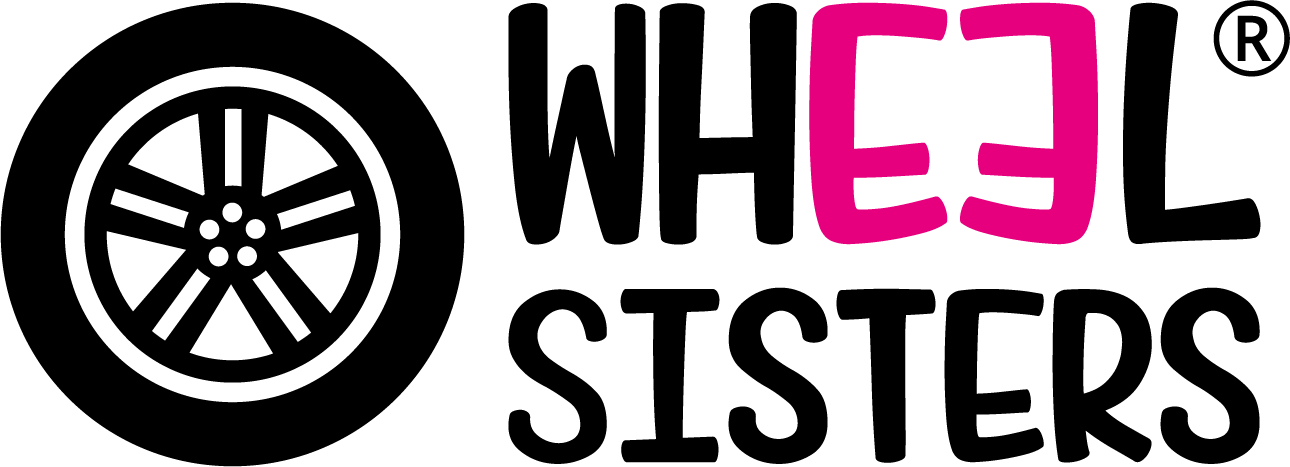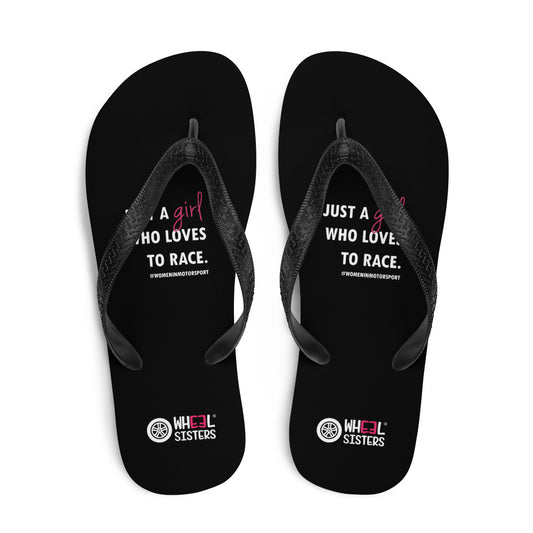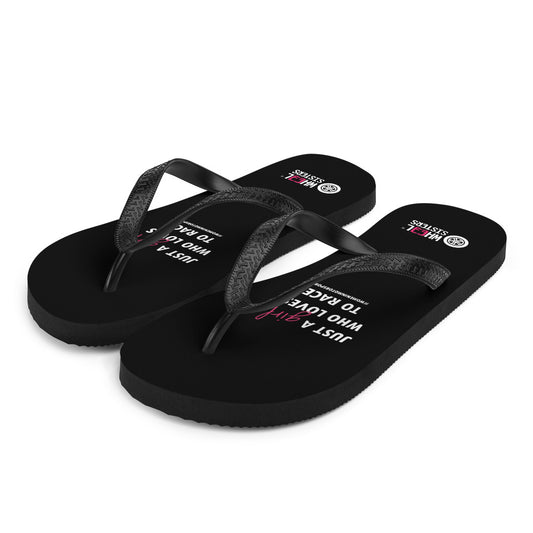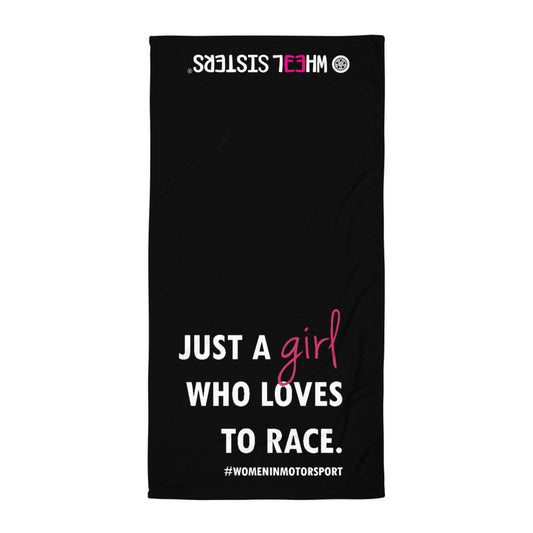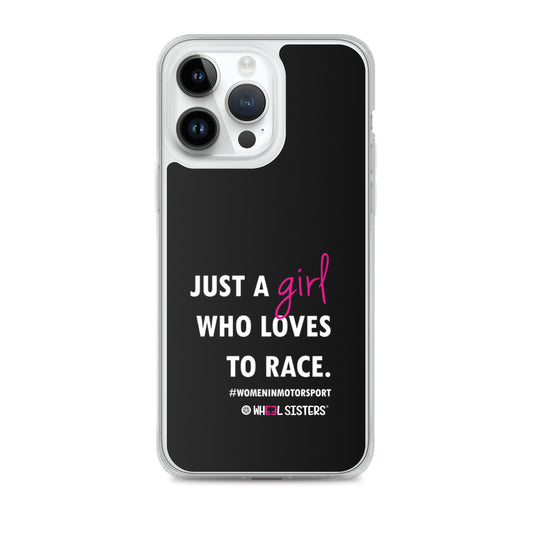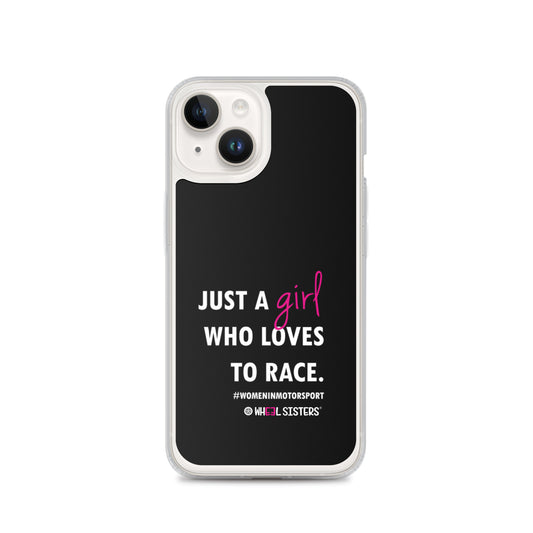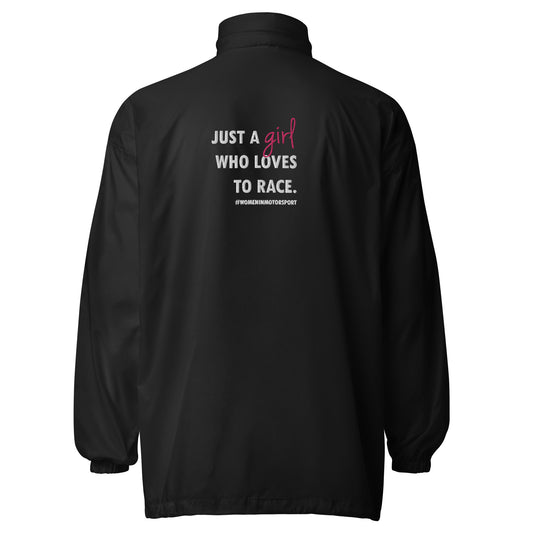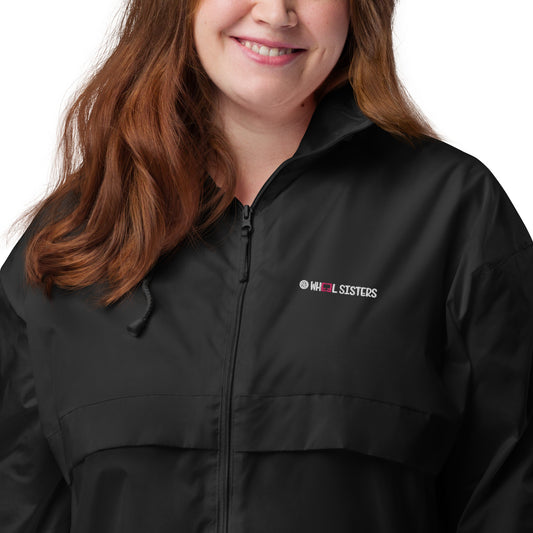Today, we are talking to the fastest woman in India – Sneha Sharma. Breaking gender barriers at work and in her free time, she is not only an international racing driver but also a qualified pilot, captaining planes with IndiGo Airlines.
WHEEL SISTERS: Sneha, please introduce yourself.
Sneha: I am Sneha Sharma, an international racing driver and airline captain. I recently became the first Indian woman to win an international racing championship for INDIA and drove over 40 international races in 2019.
WHEEL SISTERS: Sneha, you are titled the “Fastest woman in India”. How did you get introduced to motorsport? Can you please describe your motorsport background and your way so far?
Sneha: Speed was my passion from a young age, I used to cycle and cycle fast. I had a mountain bike which I would ride on the streets – later, at the age of 14, I got introduced to go karting and got hooked. I’d never felt an adrenaline rush like that before and I also clocked the fastest laptime of the day. I decided that this is how I want to feel for the rest of my life. I took training from local mechanics on basic techniques as I did not have access to professional training. I won many local races – then I won one race by The Times of India and got approached by the national karting team to do nationals. I then became the first and only woman to qualify for the kct category, following which I did saloon car racing and formula car racing nationally and internationally, and also went to the USA to get my flying license.

WHEEL SISTERS: You work as a professional pilot for IndiGo Airlines. That’s also not a stereotypical job for a woman in India, right? How do you manage your flight plan and your race calendar?
Sneha: It is difficult to manage both but my pure passion for the sport and my job keeps me going. Earlier, I used to use my offs and leaves for racing which was very hectic. I still don’t get the same amount of time to practice as competitors, although when IndiGo realised I was doing well they came forwards and became sponsors along with jk tyres and helped me manage my flying and racing calendars.
WHEEL SISTERS: On your way to success, you had to battle against your family and societal stereotypes. Can you give us an insight into the prejudices you had to deal with?
Sneha: Racing is one of the very few sports across the world which allows men and women to compete on the same platform. Many times I would be the only girl on the grid and some guys did not have trouble losing to another guy but when they lost to me, there would be many harsh comments. Many times drivers have tried to push me off the track as well but I told myself once the helmet is on, I am not a man or a woman – I am only a racing driver. With this attitude I channelled all the hurt and aggression into my driving and let performance speak for itself. My family was supportive of my decision to fly but they considered racing a dangerous sport and a possible hindrance to my studies but I took my books on track, in busses, etc., and studied between sessions. I fulfilled my obligations which I think gave me the right to follow my passion.
WHEEL SISTERS: Do you still have to deal with sexism or prejudices?
Sneha: Not so much after my many years in motorsport and flying. I believe I have made a place for myself, but on city roads there are times when some men do not like being overtaken by women and make comments, etc., but I believe that if women like me can fly planes, others can definitely drive cars. And of course, we have female astronauts too.
WHEEL SISTERS: What was the most impressive moment of your career so far?
Sneha: When I won the ladies championship at the Sepang Formula 1 Circuit of the Formula 4 South East Asia Championship, becoming the first Indian woman in history to do so. Other amazing moments were my first flight as commander of the IndiGo airbus 320 and recent felicitations by hon’ble sports minister Shri Kiren Rijiju.
WHEEL SISTERS: What was your worst setback?
Sneha: I had a crash, which was another driver’s fault, as he came in front of my car after losing control. I went into him at around 200 kmph, blacked out, had a hairline fracture in my spine and couldn’t complete the race. I have also had various injuries such as rib fractures, petrol burns, knee injuries etc. All these injuries made me mentally stronger on the road to recovery, I believe.

WHEEL SISTERS: How was your time at the WSeries election program? What did you learn there?
Sneha: It was great to be selected as one of the top 50 best female motorsport athletes in the world. I drove on snow and ice, plus I also learnt to skid and spin my car in Austria Melk’s kick plate and skidpad, and was selected as regional ambassador.
WHEEL SISTERS: What is important for girls who want to become race car drivers in India? What tips do you have for beginners?
Sneha: Focus on fitness and on a positive mental attitude, see yourself as a trained professional and not as your gender.
WHEEL SISTERS: Who’s your personal motorsport hero or role model?
Sneha: The late Ayrton Senna.

WHEEL SISTERS: How do you spend your free time?
Sneha: I like being by the beach, cooking, swimming, playing badminton and pool – all the things which enhance my abilities as a racing driver and airline captain. And I like to work out.
WHEEL SISTERS: Where do you see yourself in 10 years?
Sneha: Hopefully driving in Formula 1 and flying an airbus 380.
WHEEL SISTERS: What are your sporting goals in the upcoming months or years?
Sneha: To drive in the F3 Asia Championship that I have already trained for on simulator and to continue doing repatriation and international flights with IndiGo.

